- ALL SERVICES
- • Salesforce Consulting Services
- • Managed Services
- • Simplification of Interfaces
- • Data Migration and Processing
- • Architectural Solutions and Scoping
- • Code Review, QA and Support
- • Applications Development
- • Pre-sales and Solutions Consulting
- • Technical Audit and Support
- • Custom Applications Development
- • AI Apps
TWISTELLAR ✦ DIGEST
Salesforce Hacks
And Advice from Twistellar
[January 2022]
• Date: January 2022 •
Estimated reading time: 3 minutes
Recent Releases / News
Salesforce MFA Enforcement: Why and How?
What Is MFA, and why is it necessary? As the security environment changes, it's critical to put in place robust security measures to safeguard your company and customers.
Passwords and usernames alone are insufficient against unwanted account access. MFA gives an extra layer of security against such threats as phishing attempts, credential stuffing, and account takeovers.
When a person logs in, MFA asks them to confirm their identity using two or more types of proof – or factors. One factor is their login and password. Other aspects include user's verification techniques, such as a security key or authentication app.
Here is the overview of available verification methods supported by Salesforce:

Verification Methods supported by Salesforce
We recommend using a Salesforce Authenticator app, as it is managed directly by the vendor and allows you to separate SF MFA tokens from other tools referenced in third-party authenticators.
To make it easier for you to log into Salesforce products with the MFA, you can let it track your geolocation, so you can add trusted areas without the need to confirm your sign-in operations every time. You can find this checkbox in the picture below:

Salesforce products with the MFA
Found it useful? Subscribe to our blog for more content and tips.
By submitting you agree to receive a newsletter from Twistellar. You can unsubscribe anytime.
Experience
Collect Data & Engage Customers
with Interaction Studio
Most businesses have their websites, which share company information and contact details, describe their products and services, and finally expose interaction elements like forms, buttons, and even web shops with their product catalogue.
When your end customers and prospects start visiting and exploring your pages and their elements, they unconsciously follow their interests by navigating through the interface and interacting with the corresponding page sections. Knowing how they do that is crucial for building sales and marketing journeys for your potential clients and partners.
How to collect this data and use it for a proper targeting strategy? Well, this is where Interaction Studio enters the stage. Let us share our experience working with this platform and pack this into a quick and useful summary for you.
Interaction Studio functionality is split into several areas: data collection, analyzing and making decisions, and interaction.
Collection
- define the elements, aka content zones, you'd like to be covered, e.g, page views, button clicks, form submissions
- create an Interaction Studio tracking script and paste it into your website
- check that interactive elements are successfully mapped and start gathering visitor information
Analysis
- get your data into the Interaction Studio database
- set up needed attributes at the customer level, e.g., product interest, location, etc.
- set up recipes to generate product or article recommendations for your visitors
- set up campaign templates to dynamically replace some sections on the website
Interaction
- activate your campaigns to start embedding or replacing content within the content zones defined earlier
- check your lead conversions and automatically provide the most useful feedback to your customers
Please check the diagram below to get more visibility on how it actually works. This simple setup allows you to increase conversions, onboard new customers, and boost their lifetime value.

Collect Data & Engage Customers with Interaction Studio
Check this trailhead link for more details.
Have any questions left?
Contact us for more information!
Contact us for more information!
Our deep understanding of Salesforce platform ensures successful handling of projects in any domain
By submitting you agree to receive a newsletter from Twistellar. You can unsubscribe anytime.
Our Best Articles and Salesforce Overviews
Feeling like teaming up with us at Twistellar? We are excited too! Whether you'd like to customize your org, build a bespoke application or integrate a third-party tool, Twistellar is ready to help you.
Get in touch to discuss your Salesforce ideas!

